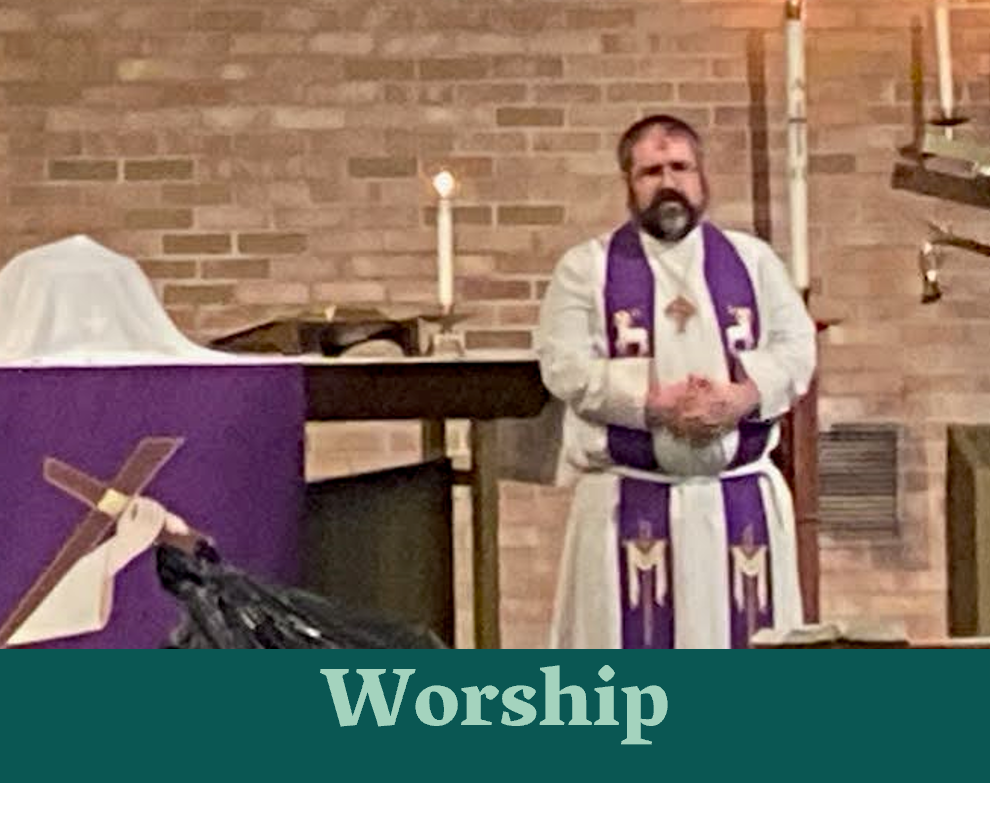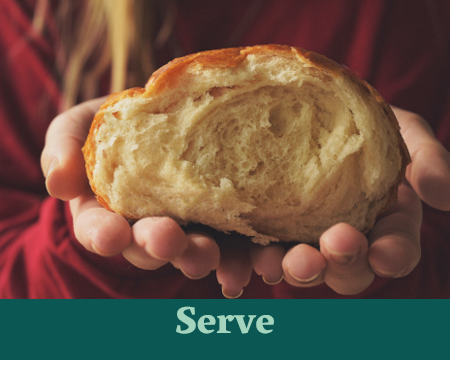Is He Kidding?
Proper 13: Gospel, Matthew 14:13-21
Matthew 14:13-21
All four gospel writers point to the miracle reported by Matthew in the fourteenth chapter of his gospel. Miracles get a lot of attention whenever they are reported and found genuine. The Bible is replete with them, but not in the manner many people think. The Bible is a volume of the miraculous, but it would be incorrect to think that miracles have occurred in the biblical narrative in every age, for every generation. Biblical miracles are clustered in three periods of God’s revelation to mankind, namely, the period of Moses and Joshua, the period initiated by the great prophets Elijah and Elisha, and the period of Jesus and His apostles. That doesn’t mean there aren’t other miracles, but these are primary periods of heavenly intervention. The reason? God is giving credence to the messengers and the message He is sending during those periods.
Jesus was a miracle worker. No doubt about that. But people did have doubts about Him being the One He claimed to be: the Son of God. The feeding of the five thousand in the wilderness, “a desolate place,” should take the reader back to another wilderness feeding. Jesus embodies the whole history of Israel in His own sacred life and the feeding of at least five thousand hungry “listeners” echoes loudly the giving of manna to the recently freed Israelites through the human hands of Moses. This era is even included in the discussions surrounding this event in John’s gospel. The enemies of Jesus do not want to admit that His actions could ever rival that of the great law giver. Funny isn’t it to realize that all of the work of God through Moses was done to point them directly to Jesus?
But one exchange in the conversation with the disciples stops us in our tracks. They are his chosen-the “twelve” and they will be ordained the first bishop/pastors. One of their primary tasks will be to feed the sheep. They come to Jesus “informing” him that the crowds are hungry and have no food. In effect they give Jesus the advice to send the crowds into the towns to buy a meal. Jesus’ response is loaded. “They need not go away; you give them something to eat.” Can you see their astonished looks, “Is He kidding?” Jesus doesn’t even say, “No worries boys. I’ll feed them.” No. He commands them to the task. Does that seem odd? Not all commentators see this direct connection, but because of the remarks brought to us in the fourth gospel, there can be no doubt that a future miraculous provision will be pointed to by what his gospel band will experience this day. “You feed them. Watch the life-giving bill of fare come from your own hands.”
Jesus is greater than Moses. The letter to the Hebrews confirms that. Moses gave divine bread to the Israelites. The manna was indeed miraculous. But Jesus prays to the Father and in the very actions recorded here, sets the stage for the movements of the earliest liturgies surrounding the Sacrament of the Altar. Thanking, taking, breaking and giving. The disciples were seeing the foreshadowing of the gift of God in Bread and Wine. The immediate event to sustain those in physical need. The event they will repeat, and which will be repeated through the ages until Jesus comes, to feed the faithful with the very life of God Himself cloaked in “the fruit of the vine and work of human hands.” God be praised! Are you hungry?





